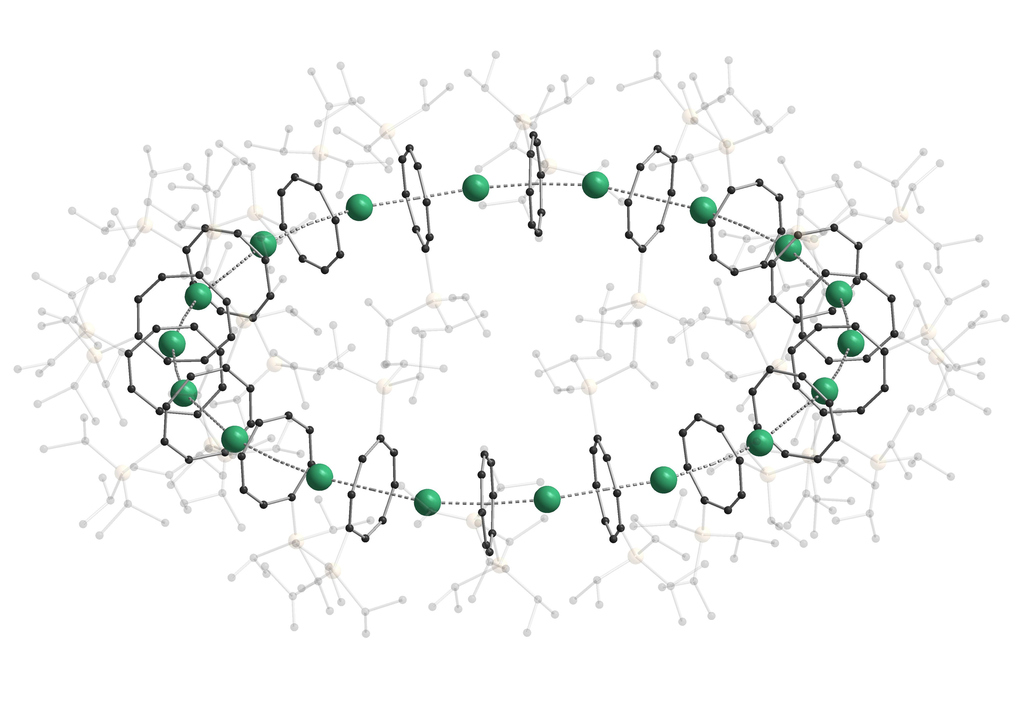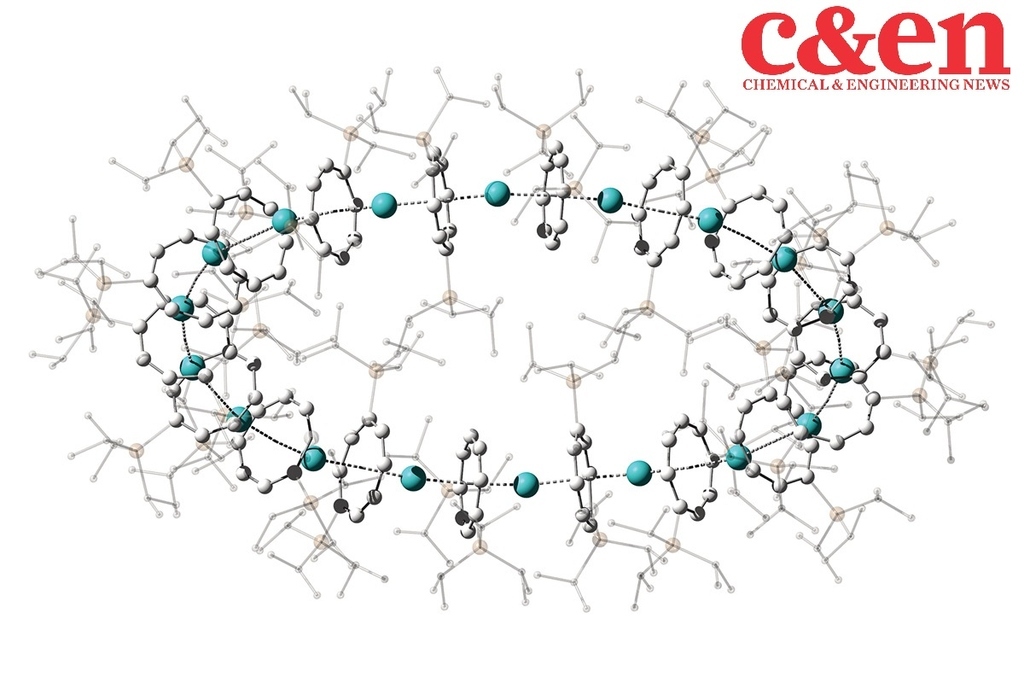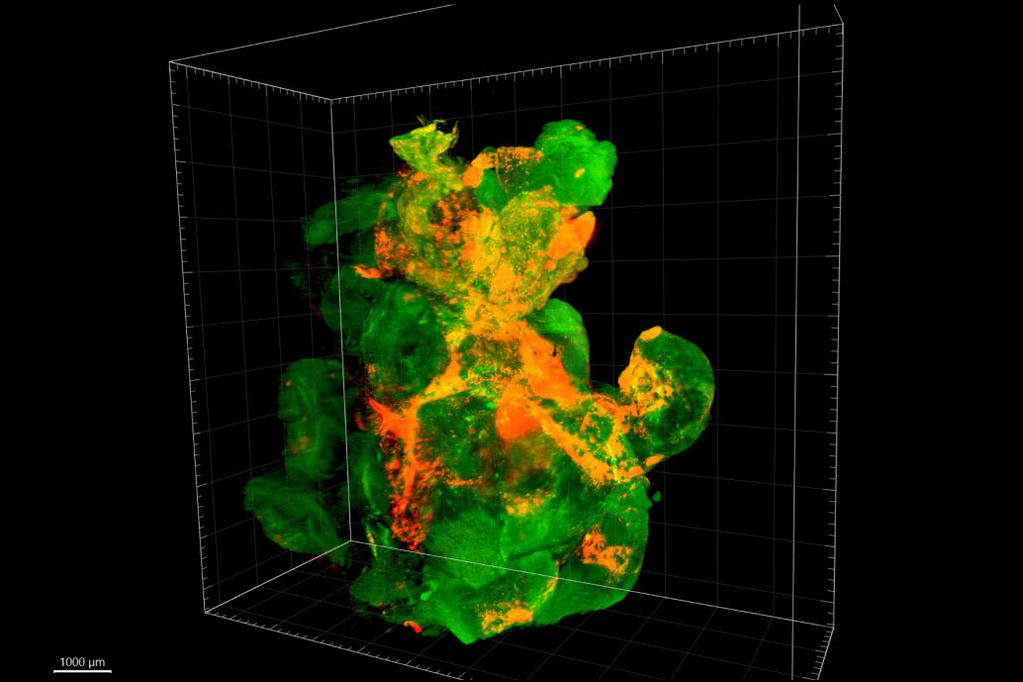
Peter Roesky, Karlsruhe Insitute of Technology (KIT), Germany, has received the Marianne Baudler Award 2024 from the Gesellschaft Deutscher Chemiker (GDCh, German Chemical Society). The award honors outstanding scientific work in the field of inorganic chemistry and is endowed with EUR 7,500. It was presented at the Conference on Inorganic Chemistry of the Divisions of Solid-state Chemistry & Materials Research and Wöhler Association for Inorganic Chemistry in Munich on September 16, 2024.
Link_more
On November 4th 2024, the start-up NanoDrug Delivery GmbH was awarded with the Innovation Prize of the State of Niedersachsen in the category “Knowledge and Technology Transfer”. The start-up is a spin-off of the Karlsruhe Institute of Technology (KIT), the Max-Planck-Institute (MPI) for Multidisciplinary Sciences and the University Medical Center Göttingen (UMG). The award is endowed with EUR 20,000 and received for the development of novel high-load drug nanocarrier systems.
The award was accepted in Hanover by NDD CFO Phillipp Langrehr, Dr. Nathalia Ferreira, founders Prof. Dr. Claus Feldmann and Prof. Dr. Frauke Alves and NDD Managing Director Dr. David Rudolph from the Minister for Science and Culture of the State of Niedersachsen, Falko Mohrs (from left).
Innovation Prize of the State of Niedersachsen in the category “Knowledge and Technology Transfer”.

Sandwich compounds are special chemical compounds used as basic building blocks in organometallic chemistry. So far, their structure has always been linear. Recently, researchers of Karlsruhe Institute of Technology (KIT) and the University of Marburg were the first to make stacked sandwich complexes form a nano-sized ring. Physical and other properties of these cyclocene structures will now be further investigated. The researchers report their findings in Nature.
learn more
Readers of Chemistry & Engineering News (C&EN) elected strontium cyclocene as “standout molecule of 2023“.
In their quest for determining this year’s “most curious, wondrous, and just plain neat molecules“ their choice fell on this new type of supersize sandwich complex created by the groups of F. Weigend, M. Kappes and P. Roesky within the framework of CRC 1573 by coaxing 18 metallocene units to curve into a nanometer-scale ring (a “cyclocene“, cf. Nature paper).
learn more
Pancreatic cancer is one of the deadliest types of cancers in humans. It is the fourth leading cause of cancer-related deaths in the western world. The early stages of the disease often progress without symptoms, so diagnosis is usually very late. Another problem: Advanced tumors – and their metastases – can no longer be completely removed. Chemotherapies, in turn, attack not only the tumor cells but also healthy cells throughout the body. Innovative nanoparticles could be a new approach to treat cancer more precisely. The approach was developed by a research team from the Max Planck Institute (MPI) for Multidisciplinary Sciences, the University Medical Center Göttingen (UMG), and the Karlsruhe Institute of Technology (KIT). The therapy is now to be optimized for clinical application as quickly as possible.
learn more